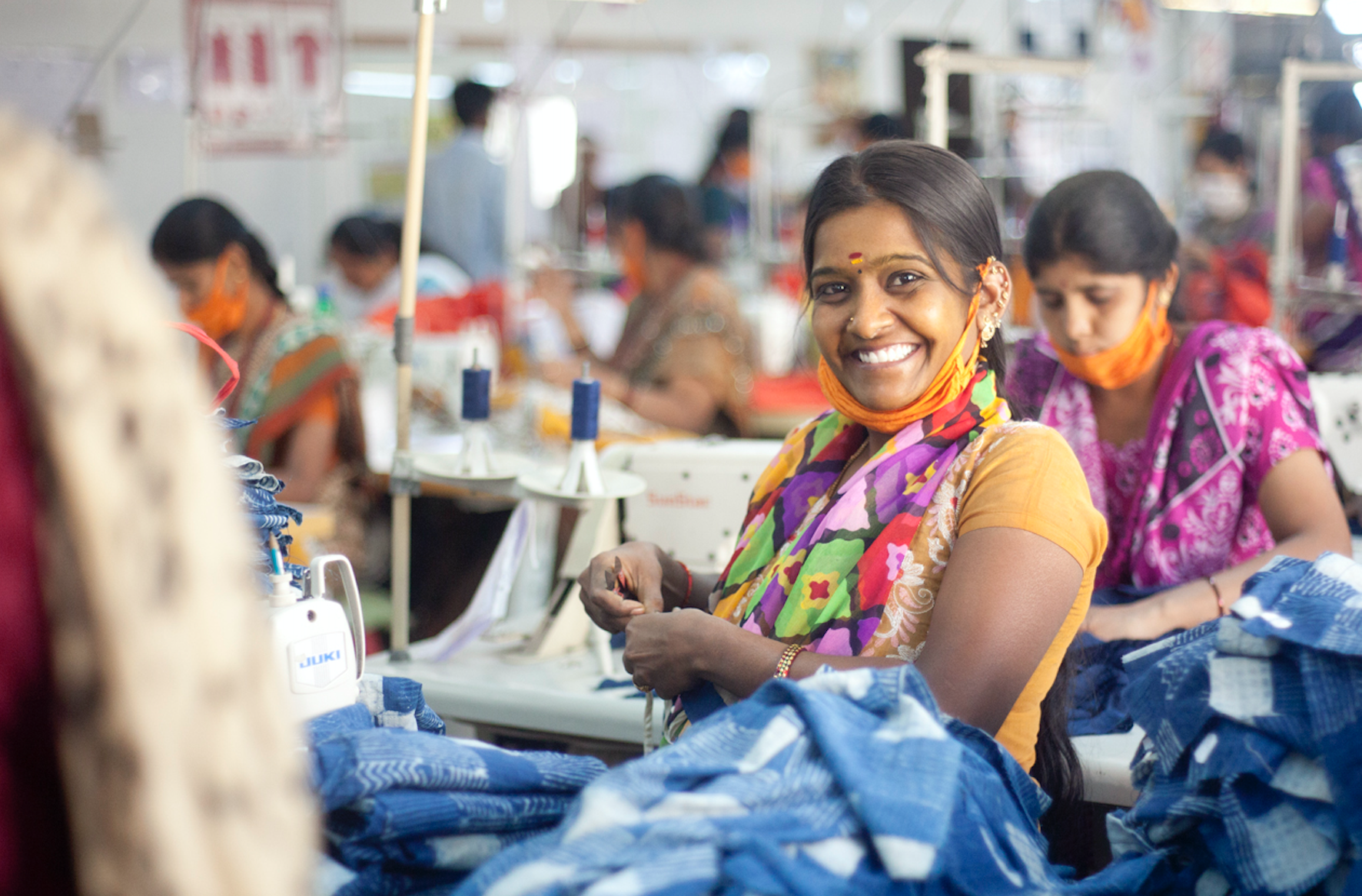Evidence and insights from India’s experience with paying for outcomes
Set my timezone
Select a timezone from the map or dropdown and click the Set timezone button to adjust the event date/times to your current timezone.

For our first SOC21 regional spotlight session, we partnered with the British Asian Trust to explore evidence and insights from India’s experience with paying for outcomes.
The Social Outcomes Conference (SOC21) is an annual convening of the world's leading researchers, policymakers and practitioners working to improve social outcomes.
It aims to bring together the rigour of the most recent, cutting-edge academic research with an applied, real-world focus. It will be an opportunity for participants to engage in vibrant exchanges between both policymakers, practitioners and academics from around the world, each with their own experience and insights on improving social outcomes.
This year's conference is built around five key themes:
- Outcomes-based contracting
- Outcomes orientation
- Measuring outcomes and value for money
- Procurement and social value
- Government, business and civil society collaboration in places
These themes are all underpinned by a single core question: how can government combine its multiple roles – sometimes as provider, funder, facilitator, and regulator – to support activity which improves social outcomes?
This year, on the side of SOC21, we will be hosting a series of online special sessions that spotlight particular regions and academic research.
Session overview
India has been pioneering the use of outcomes-based funding among low- and middle- income countries. Most of these projects have been contracted during the last three years: three impact bonds, worth almost $20 million, are currently operational. These include the Quality Education India Development Impact Bond (QEI DIB) to improve learning outcomes in government primary schools; the Utkrisht Impact Bond in maternal health; and the Government of Haryana’s “Pay for Success” impact bond to improve students’ foundational learning outcomes. Additionally, four others are in the design phase (in skilling, public health, mental health, agriculture, and water & sanitation).
For this session, we brought together key actors from the Indian Government, service providers, outcome payers, researchers, and intermediaries to share evidence and learning from current projects and those in design and development. Key stakeholders also discussed how we can build on emerging evidence to drive simpler design principles and approaches for wider adoption and scale.
We hosted this session on the side of this year's Social Outcomes Conference, as part of a series of online special sessions that spotlight particular regions. The session was co-hosted by the British Asian Trust.
About the British Asian Trust
The British Asian Trust (BAT) is a diaspora-led international development organisation, founded in 2007 by HRH The Prince of Wales and a group of British Asian business leaders, to tackle widespread poverty, inequality and injustice in South Asia. They deliver high-quality programmes in the areas of education, livelihoods, anti-trafficking and specialise in the use of outcomes-based financing products to drive positive change across the region.
BAT collaborates with non-profits, governments, donors, and other key stakeholders to enable the successful usage of outcomes-based financing tools. In 2018, BAT and its partners launched the world’s largest impact bond in education, the Quality Education India Development Impact Bond (QEI DIB), which focuses on achieving learning outcomes for school children in public and low fee private schools. They also work with organisations such as Government Outcomes Lab and Impact Bond Working Group to contribute to global research and development to grow the outcomes financing sector. You can find out more about BAT’s work on social finance and other initiatives here